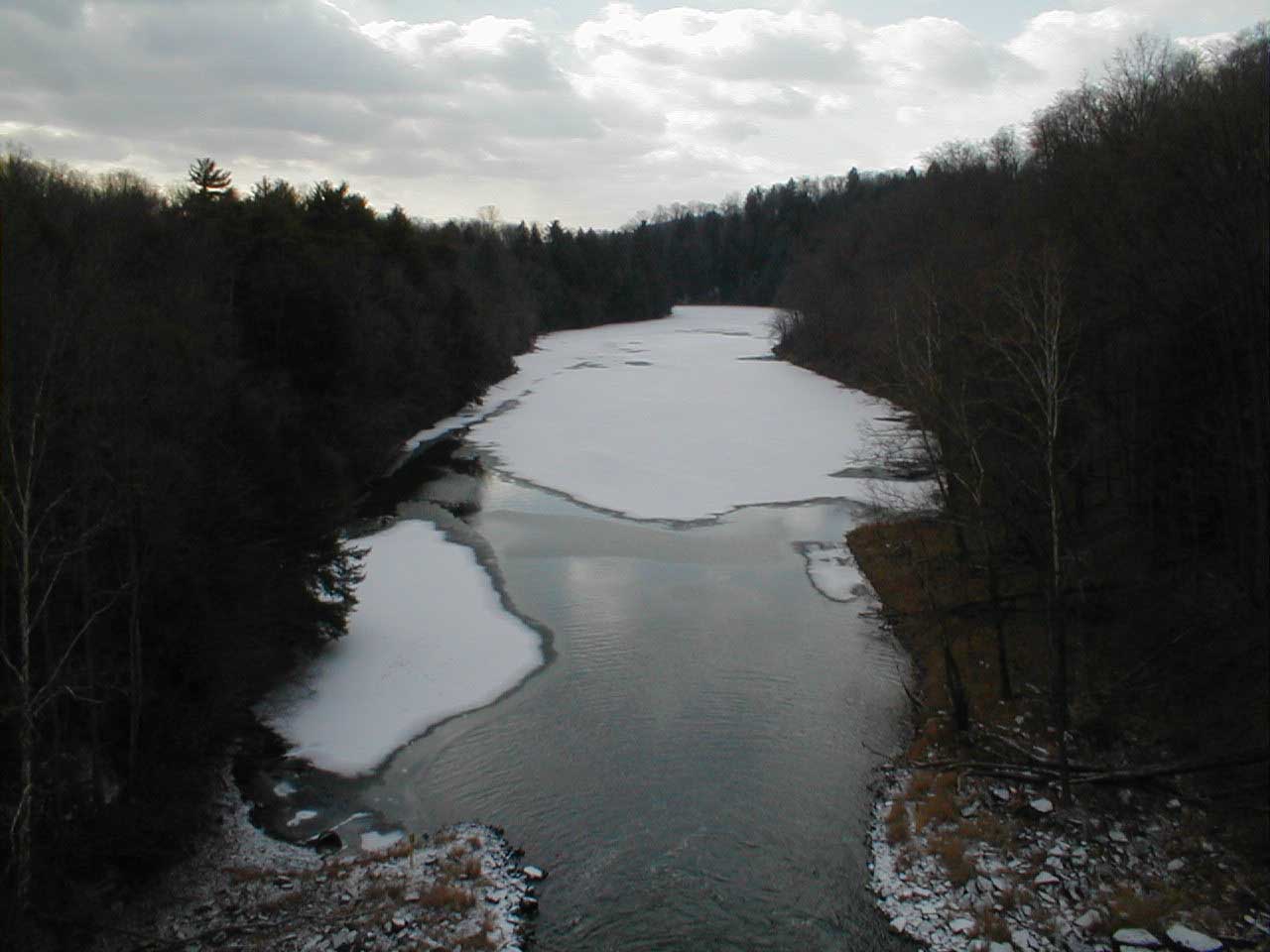
Federal and State laws and regulations govern the activities of MDE’s Water Supply Program, water utilities, and water users. Federal laws are passed by Congress and signed into law by the President. The Environmental Protection Agency (EPA) is then authorized by Congress to develop regulations.
In Maryland, laws are adopted by the Maryland General Assembly and signed into law by the Governor. The Maryland Department of Environment (MDE) develops regulations to implement the laws.
Maryland Statute http://mgaleg.maryland.gov/webmga/frmStatutes.aspx?pid=statpage&tab=subject5
- Environmental Article 5, subtitle 5
Governs appropriation and use of waters of the State.
- Environmental Article 5-507(a)
Provides MDE the authority to ensure water systems do not waste water.
- Environmental Article 5-507(b)(1)
Indicates that, in granting any permit to appropriate and use water, the Department may include any condition, term, or reservation concerning the character, amounts, means, and manner of the appropriation or use necessary to preserve control in the State and insure the safety and welfare of the people of the State.
- Environmental Article 5-5B-03(3)
States that it is the policy of the State to protect the State’s natural resources, including the fish and wildlife of the Potomac River, the Chesapeake Bay, and all other waters and waterways of the State.
- Environmental Article 9-205(e)(1)
Provides authority for MDE to request per capita usage, water audits and unaccounted water data.
- Environmental Article 9-221
Provides authority for MDE to require improvements to water systems that do not provide adequate quantity or quality of water.
- Environmental Article 9-405(b)(1)
Provides authority for MDE to require infrastructure improvements of water systems that have exceeded or are likely to exceed their design capacity.
- Environmental Article 9-512
Provides MDE the authority to issue moratoriums on building permits if the water system capacity is not sufficient.
- Environmental Articles 9-503 & 9-505
Provides MDE the authority to require counties to maintain Water and Sewer Plans that ensure that sufficient water system capacities are available.
Code of Maryland Regulations(COMAR)
- Maryland Laboratory Regulations 26.08.05
- Maryland Operator Regulations 26.06.01
- Maryland Public Drinking Water Regulations 26.04.01
- Maryland Water Appropriation Permit Regulations 26.17.06
- Maryland Water and Sewerage Planning Regulations 26.03.01
- Maryland Well Construction Regulations 26.04.04
Code of Federal Regulations (CFR)
-
National Primary Drinking Water Regulations
Congress authorizes EPA and other federal agencies to write rules and regulations that explain the critical details necessary to implement environmental laws. Below are some of the key rules and regulations that the Office of Water employs to implement key statutes and programs.xxx
Safe Drinking Water Act
The Safe Drinking Water Act (SDWA) is the main federal law that ensures the quality of Americans' drinking water. Under SDWA, EPA sets standards for drinking water quality and oversees the states, localities, and water suppliers who implement those standards.
SDWA was originally passed by Congress in 1974 to protect public health by regulating the nation's public drinking water supply. The law was amended in 1986 and 1996 and requires many actions to protect drinking water and its sources: rivers, lakes, reservoirs, springs, and ground water wells. (SDWA does not regulate private wells which serve fewer than 25 individuals.) Click here to find out more about the SDWA.
For More Information
For more information contact the Water Supply Program at 410-537-3589 or water.supply@maryland.gov.